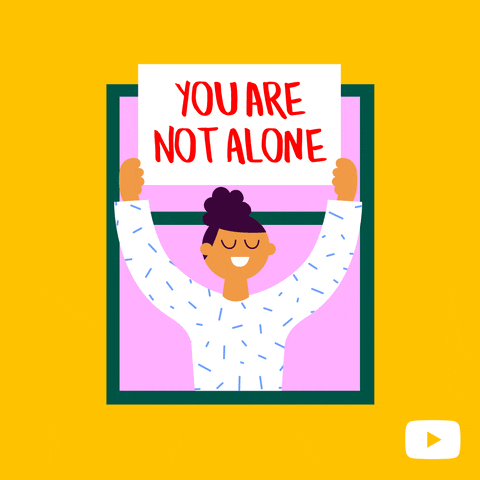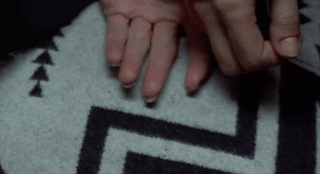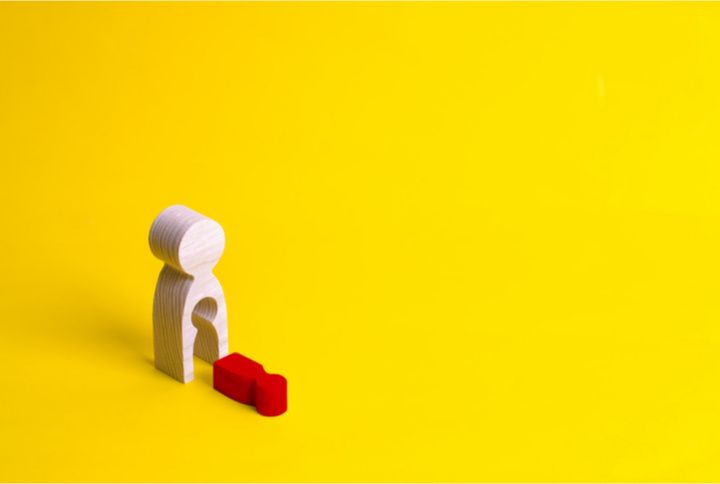Miscarriages are an unfortunate event that affects 5-10% of pregnancies in the world. It is the loss of a baby, medically known as a spontaneous abortion, that takes place within the first trimester (3 months) of a pregnancy. Despite being natural and common, women hesitate to open up about it and the trauma it causes. Celebrities like Kajol, Shilpa Shetty and recently, Meghan Markle have bravely spoken out about their miscarriages and have sparked a healthy discussion around them. However, many people are still uneducated about miscarriages and attach a stigma to them. To learn more about them, we got in touch with Dr Devika Chopra, a Mumbai based Obstetrician and Gynecologist with rich knowledge and experience in dealing with miscarriages.
Here Are 5 Things Everyone Should Know About A Miscarriage:
1. Miscarriages Are Age-Dependent
The chance of a miscarriage is the lowest at 10-15% for women between the ages of 20 to 30. This keeps increasing with the woman’s age. Between the ages of 35 to 40, this rises to 38%. Above the age of 40, there is a 70% chance of a miscarriage. Dr Chopra says,
The baby’s main cells are formed from the mother’s mitochondrial DNA, which loses its vitality over time. If those cells have reduced vitality, the baby may not be healthy, causing the mother to have a miscarriage. Additionally, a woman has a specific number of eggs since birth, so as she ages, her healthy eggs reduce as well, leading to a higher chance of miscarriage.
She also adds that semen fragmentation (genetically faulty sperms) does affect the rate of miscarriage, but since men can produce sperms throughout their lives, their ageing isn’t as important as compared to women.

2. It Is Likely That Miscarriages Will Occur In The First Trimester
Dr Chopra says that the chance of a miscarriage is increased in the first 12 weeks of pregnancy. This is because the embryo is still attaching itself in the womb. During this time if the mother is stressed, her blood is too thick or too thin, her hormones are imbalanced or if she suffers any abnormality in general, the pregnancy can be disrupted. She says,
Many women are unaware of their pregnancy and don’t even realise they’re having a miscarriage. They think it’s a heavy period. In a way, this is also nature’s way of taking care of a pregnancy that is genetically not normal.
3. There Can Be Multiple Causes (Possibly Including COVID-19)
There are multiple reasons why miscarriages occur. First, the baby could be genetically abnormal, making the pregnancy risky. Second, medical conditions like diabetes, thyroid imbalances, abnormal blood pressure could cause a miscarriage. And third, pure anatomical reasons like developing fibroids in the uterus or not having a tight enough cervix could lead to it too. Dr Chopra further adds,
I have personally seen that the rate of miscarriages in my patients has increased during COVID-19. There have been more miscarriages during this time. However, more studies need to be conducted to be able to make a definitive statement and be sure.

4. It Is A Trauma For Most Women
Dr Chopra says,
Women bear the burden of having a miscarriage. They take on the majority of the guilt, especially if they’ve had an abortion before. They tend to feel incomplete after having a miscarriage. Plus, these things are hushed in Indian society, which adds to their pain. I tell my patients that a miscarriage is nature’s way of not having unhealthy pregnancies. I tell them it isn’t their fault in any way and they should never feel like it is.
5. The Human Touch Helps
The one thing Dr Chopra strongly believes in is the power of the “human touch”. Whenever her patient is undergoing a miscarriage, she always holds their hand throughout. She says,
The human touch is a healing touch and can work wonders. It’s a form of comfort and support that nothing else can beat.
She encourages all husbands and families to do it as well instead of telling her to “Get over it”.

All of us need to know that miscarriages, while extremely unfortunate, are a part of life. They don’t deserve to be stigmatised. Miscarriages don’t make a woman weaker or bring her shame. They simply make her human.
What are your views on miscarriages and the stigma surrounding them? Share it with us in the comments below.
Join Malini’s Girl Tribe on Facebook and Instagram to be a part of more such conversations!

